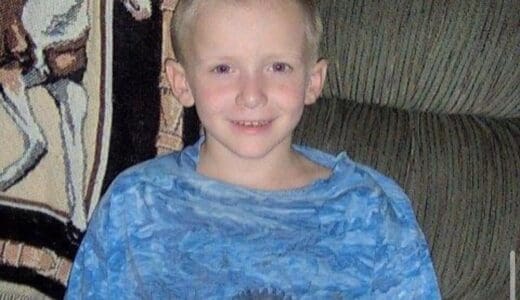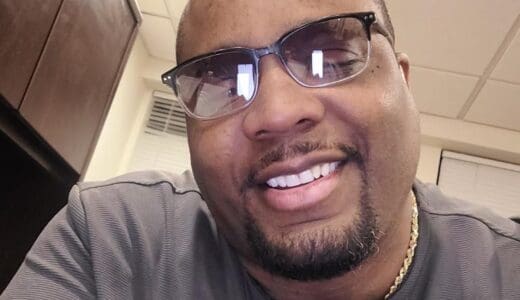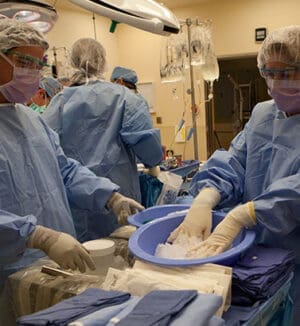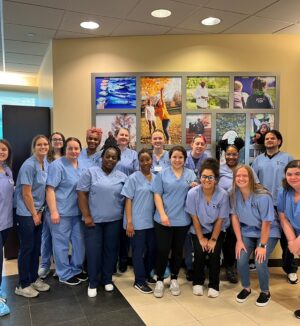Organ, Eye, & Tissue Donors
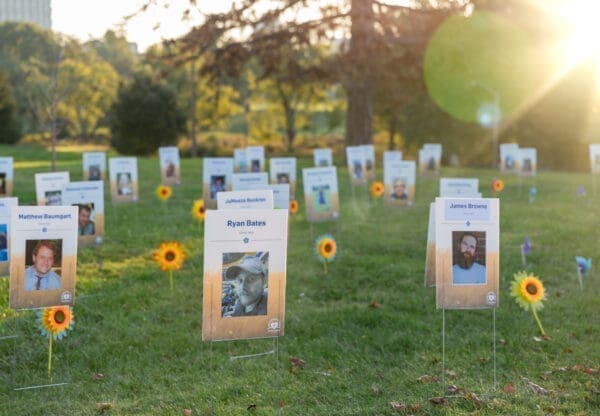
Organ, eye, and tissue donation is a powerful act of generosity that can transform lives.
By choosing to be a donor, you offer hope and healing to countless patients in need of a lifesaving transplant. Your decision can bring comfort to your family and make a profound difference to those awaiting a second chance at life. One day, your “yes” could be the miracle someone has been praying for.
Why Give Life
When faced with a tragedy, would your family know your final wishes?
Death and donation are often difficult topics to discuss. However, by registering for organ and tissue donation, you can spare your loved ones from making a tough decision during an already challenging time. This selfless choice not only has the potential to save lives but also brings comfort to those you leave behind, knowing that your legacy includes the profound gift of helping others.
By choosing to be an organ, eye, and tissue donor, you can bring hope and healing not only to your family but also to countless patients in desperate need of lifesaving transplants. For those awaiting a transplant, organ and tissue donation can truly mean the difference between life and death. Your decision to donate can create a lasting impact and a second chance at life.
Donation FAQs
Organ and tissue donation gives hope and life to patients awaiting transplant. Unfortunately, there are many misconceptions about organ and tissue donation that keep people from supporting this lifesaving mission.
People of all ages and medical histories should consider themselves potential organ, eye, and tissue donors. Your medical condition at the time of death will determine what organs and tissues can be donated. Learn more about the lifesaving and healing organs and tissues that can be donated at SayYesGiveLife.org.
Your life always comes first. Doctors work hard to save every patient’s life, but sometimes there is a complete and irreversible loss of brain function. When the patient is declared clinically and legally dead, only then is donation an option.
There is no cost to the donor’s family or estate for donation. The donor family pays only for medical expenses before death and costs associated with funeral arrangements.
All major religions support donation as a final act of compassion and generosity. Learn more about different religious views on organ donation at DonateLife.net/organ-donation-and-religion.
Sexual orientation, gender, gender identity, or expression does not prevent someone from registering as an organ donor. Certain regulations mandated by the Food and Drug Administration (FDA) may affect a person’s eligibility for cornea and tissue donation.
Passed in 2015, the HIV Organ Policy Equity Act (HOPE) Act provides donation and transplantation opportunities for people living with HIV. More than 350 lifesaving transplants have been made possible because of the HOPE Act and the generosity of donors and donor families.
No. A national system matches available organs from the donor with people on the waiting list based on blood type, body size, how sick they are, donor distance, tissue type, and time on the waiting list. Race, income, gender, orientation, celebrity, and social status are never considered.
The vast majority of Americans support donation as an opportunity to give life and health to others. Unfortunately, many people overlook the important step of registering their decision to be a donor. Donors often die suddenly and unexpectedly. Donation can provide solace to a family and relieve the burden of making the donation decision in a time of grief and shock. You can save up to 8 lives through organ donation, restore sight to 2 people through cornea donation, and heal more than 75 people through tissue donation.* Your registration serves as a symbol of hope to patients waiting and sharing it with your family lets them know your decision.
*Living donation and VCA are not included in your deceased donor registration.
Living organ donation offers another choice for some transplant candidates, reducing their time on the waiting list and leading to better long-term outcomes for the recipient. Living tissue donation – birth tissue – is used to promote healing and to treat burns and painful wounds. Learn more at DonateLife.net/livingdonation.
Donation Fact Sheet
articles
What Does it Mean to be an Organ and Tissue Donor?

Stories
Celebrate. Honor. Support.
How has donation or transplantation touched your life? Read stories from transplant recipients, patients, waiting, living donors, and about donor heroes who have given the gift of life.


